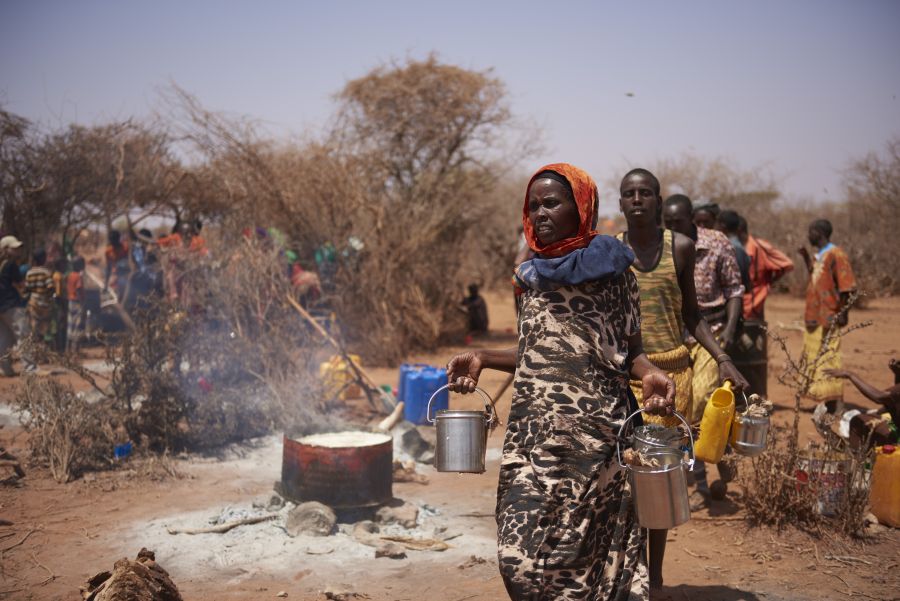
The United Nations has raised the alarm that North-eastern Nigeria is on the brink of catastrophic food insecurity as 4.4 million people in the area are expected to face critical food shortages.
A statement issued yesterday by the United Nation Office for the Coordination of Humanitarian Affairs (UN-OCHA) said: “In North-east Nigeria, the outlook is dire. Without sustained humanitarian assistance in Borno, Adamawa and Yobe States, millions will struggle to feed themselves during this critical 2021 lean season.”
The statement, relying on the March 2021 Cadre Harmonised food security assessment, lamented that an estimated 4.4 million people, including internally displaced people (IDPs), are expected to face critical food shortages. Some 775,000 people are at extreme risk of catastrophic food insecurity-the worst outlook in four years.
It added that the humanitarian community, the United Nations and non-governmental organisations, have joined efforts to address the rapidly deteriorating food security situation in the Northeast region, working closely with the government of Nigeria at federal and state levels.
The statement quoted the UN Humanitarian Coordinator for Nigeria, Edward Kallon, to have said: “The humanitarian community is deeply concerned by the alarming food insecurity in North-east Nigeria. Levels of food insecurity today are similar to 2016-17, when the crisis was at its worst. The UN and its non-governmental partners are working with the government to respond to this growing threat of catastrophic food insecurity.”
He added that: “Women in affected communities have shared stories of sleepless children who cry through the night due to hunger.”
Kallon lamented that conditions for some households are so desperate that families are living on nutritional supplements meant to ensure the survival of their children. The nutrition situation is at risk of deteriorating to critical levels due to persistent and poor underlying conditions, including inadequate water, sanitation and hygiene and limited health access.
He also decried that the situation may likely worsen during the rainy season if diseases like cholera and malaria are not prevented or controlled.
Kallon further decried that: “Parents are taking their children out of school to beg in order to survive. This exposes children, especially girls, to the risk of trafficking, rape, and sexual harassment,” adding that: “Women have shared that they resort to eating grass. This illustrates the levels of desperation early in the lean season. Domestic and sexual violence is on the rise, as men struggle to provide for their families, taking their frustrations out on the family. Women and young girls are also forced into child labour, child marriage and transactional sex for food and survival.”

